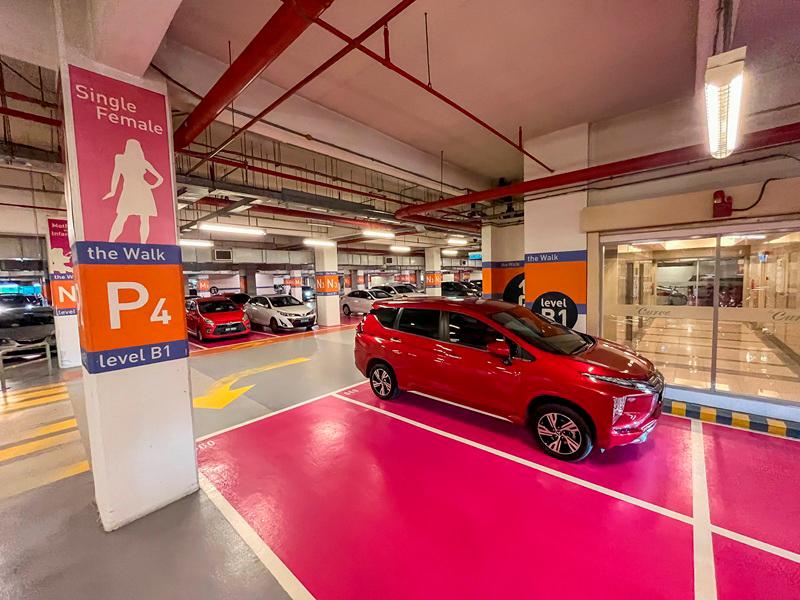PETALING JAYA: Female-only car parks are designed to enhance women’s safety but their long-term effectiveness remains uncertain, according to All Women’s Action Society deputy president Khairiah Abdul Malik.
She noted that while such designated spaces may provide immediate reassurance for women, they do little to address broader public safety concerns.
“The introduction of female-only car parks in Malaysia aims to address women’s safety concerns in urban areas, particularly following incidents like the tragic 2003 case of Canny Ong, who was abducted from a basement car park and later found murdered.”
Khairiah said female-only facilities, such as parking spaces, show mixed results in reducing crime.
She referenced a 2020 nationwide survey by Engender Consultancy, an organisation promoting women’s empowerment and gender equality, which found that 58.6% of respondents had experienced sexual harassment in public spaces, with 70.4% of incidents occurring during the daytime.
“These findings demonstrate that while women-only zones offer a temporary buffer against certain crimes, they do not address the underlying systemic issues contributing to gender-based violence.”
Khairiah said female-only parking spaces are often strategically located near mall entrances and should be made mandatory in all multi-storey buildings for safety.
Essential features include better lighting, surveillance cameras, panic buttons and security personnel to enhance protection.
“Female-only parking spaces promote security, empowering women to engage in public life more freely. However, misuse by men or couples undermines their purpose. This issue persists due to insufficient legal enforcement as there are no penalties for rule-breakers,” she said.
Lee Ming Hui, a 24-year-old banker from Damansara, expressed frustration over the frequent misuse of female-only parking spaces by men.
“I usually shop alone and always park in the female-only section. Many times, I’ve seen men parking there despite clear signs indicating it’s reserved for women. It’s infuriating and I always confront them, but they just brush it off, claiming there’s no difference in where anyone parks.
“I’m sure there are CCTV cameras or security personnel around but every time this happens it feels like nothing is being done to address it,” she said.
Women’s Aid Organisation acting executive director Nazreen Nizam stressed that stricter enforcement and penalties are necessary to prevent the misuse of female-only parking spaces.
“The effectiveness of these spaces depends on rigorous enforcement and public respect. While they contribute positively to women’s safety, continuous efforts are crucial to ensure their impact,” she said.
Nazreen suggested penalties, such as fines or towing vehicles, to deter misuse.
Additionally, constant surveillance through CCTV, regular security patrols and clear signage would support enforcement efforts and increase the likelihood of detection and punishment.
“These measures not only reinforce the rules but also underscore the importance of these spaces in protecting women’s safety in public areas,” she said.
Khairiah highlighted that several factors still need to be addressed to improve the safety of female-only parking areas, including better infrastructure and, more importantly, changing societal attitudes towards women’s safety.
“Many malls in Malaysia offer good security for female-only car parks, but poor lighting, inadequate surveillance and unclear signage can undermine their effectiveness, increasing fear. Well-maintained areas with good lighting and visible security are essential for safety,” she said.
While female-only car parks provide temporary relief, Khairiah stressed the need for a broader approach encompassing better urban design, stricter rules and cultural education to create inclusive and safe public spaces for everyone.
“Safety in female-only car parks is a shared responsibility among women, facility management and the public. Women should also remain vigilant and use available security systems.
“Through cooperation, awareness, and consistent use of safety resources, female-only parking spaces can achieve their intended purpose of providing a secure and accessible environment for women.”









